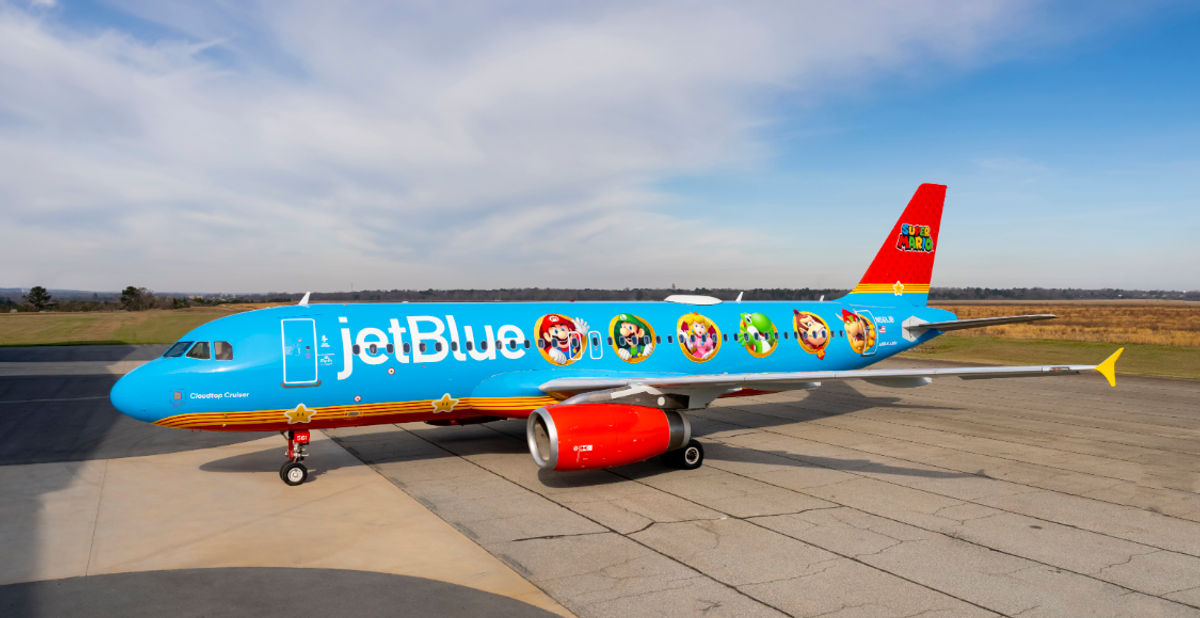The short-term rental industry has followed its own unique trajectory over the past several years. Initially devastated by the COVID-19 lockdowns, this highly fragmented market dominated by small-scale operators quickly rebounded as travelers embraced the privacy and space these accommodations offered, reducing their risk of exposure to the virus.
As interest rates hit record lows and demand soared, new hosts flocked to the market, eager to capitalize on the booming short-term rental sector. However, with the rise in popularity came increased scrutiny. While guests quickly discovered the many advantages of these rentals, they also faced the flaws and unpredictability inherent in the wide range of operators, varying levels of professionalism and the unique characteristics of each property.
In 2025, guests have far more accommodation options than they did during the pandemic, including the opportunity to stay in short-term rentals (STRs) abroad. However, with many of the pandemic-era players still in the market, competition has intensified and some operators are better equipped than others to outshine their competitors.
Phocuswright recently released a research report, U.S. Short-Term Rentals 2025: Host and Property Manager Trends, examining how operators navigate the market as it establishes a new normal. Small hosts (those with fewer than 10 properties, not professional managers) show a range of financial objectives and competitive strengths, with clear distinctions between hosts focused on profitability and those with less ambitious financial goals.
Many operators are stepping up their efforts, acknowledging the scale and intensity of the competition. However, challenges persist in providing consistent guest experiences, sustainably growing management businesses, and developing accommodations that align with guest demand and expectations.
Host Financial Goals and Performance
The small host market for short-term rentals (STRs) is diverse, with hosts pursuing different financial goals and demonstrating various professional approaches. Unlike the hotel sector, where profit is a primary driver, most STR hosts do not have profit as their main goal. While 45 percent of hosts are aiming for profit, a substantial 28 percent are focused on subsidizing or offsetting their monthly home expenses and 27 percent are simply looking to cover them entirely with rental income.
Among profit-oriented hosts, most are not seeking a full-time income. Only 19 percent are aiming to pay themselves a full salary, while a larger portion views rental profits as supplementary income or extra spending money.
Despite the variety in financial objectives, most hosts feel they are meeting their goals. A significant 87 percent of hosts reported having achieved their financial targets in the past year. Hosts with luxury or upscale properties tended to have a higher success rate, though the involvement of property managers had minimal impact on this outcome.
The financial goals a host pursues are important because they influence business attitudes, decisions and challenges beyond just money. Hosts who are not primarily focused on profit are more likely to engage professional management firms for their daily operations. In fact, 57 percent of independently managed properties are profit-motivated, compared to 48 percent of partially managed ones and only 27 percent of fully managed properties.
Business Challenges
Hosts' key business challenges are largely centered around cost management, especially amid rising competition and market saturation. The most common issues include property maintenance costs (33 percent), higher operational expenses (27 percent), and unexpected costs like damages (25 percent). Profit-oriented hosts are particularly affected by unpredictable expenses, with 35 percent citing this as a major challenge, compared to 17 percent of non-profit-oriented hosts.
Budgeting is also a concern, with 57 percent of hosts still learning to budget accurately for their STRs, especially those not focused on profit. This creates a need for guidance from vendors or partners. Property managers have mixed experiences, with some struggling with labor costs and talent shortages, while others feel owners have absorbed the financial strain.
Staying Competitive
To stay competitive, hosts are adopting several key strategies. Property managers are becoming more selective about the owners they work with, ensuring that properties are well-equipped, renovated and suitable for the competitive market. This often involves more rigorous screening and consultation processes. Additionally, many hosts are implementing more aggressive revenue management and pricing strategies in response to increased competition.
Properties with diverse amenities and larger sleep counts are performing better, as they offer advantages over hotels, though only 10 percent of hosts highlight high sleep count as a key competitive feature, and 12 percent emphasize square footage. Cleanliness remains a popular competitive feature, but many guests view it as a basic expectation rather than an exclusive perk. Unique properties with distinctive décor are more likely to attract attention, with 89 percent of guests preferring properties with an interesting look and feel. However, only 19 percent of hosts list unique décor as a competitive feature, often due to financial constraints that prevent them from investing in specialized décor.
Closures
Nearly 24 percent of current hosts have stopped renting out at least one property in the past year, either temporarily or permanently, and 10 percent of homeowners surveyed were lapsed STR hosts. Hosts who are more concerned about market saturation, such as non-profit-oriented hosts, those with property managers, and those with luxury or upscale properties, are more likely to stop renting. The primary reasons for halting rentals are financial: 44 percent of hosts stopped because long-term rentals offered more stability and 33 percent found them more profitable. However, not all closures were negative, as 34 percent of hosts stopped to make repairs or upgrades to their properties. In addition, 25 percent of hosts ceased operations due to regulatory changes.
Regulation
Regulation remains a major challenge for STR operators, with nearly half (47 percent) of hosts having already altered their business models in response and 56 percent fearing future regulations will threaten their ability to operate. While most hosts (88 percent) understand local laws and have the resources to comply, they are also mindful of maintaining goodwill within their communities with 87 percent prioritizing compliance for that reason.
For the latest travel news, updates and deals, subscribe to the daily TravelPulse newsletter.
.png)
.png) 2 weeks ago
5
2 weeks ago
5








 English (US) ·
English (US) ·  Spanish (ES) ·
Spanish (ES) ·